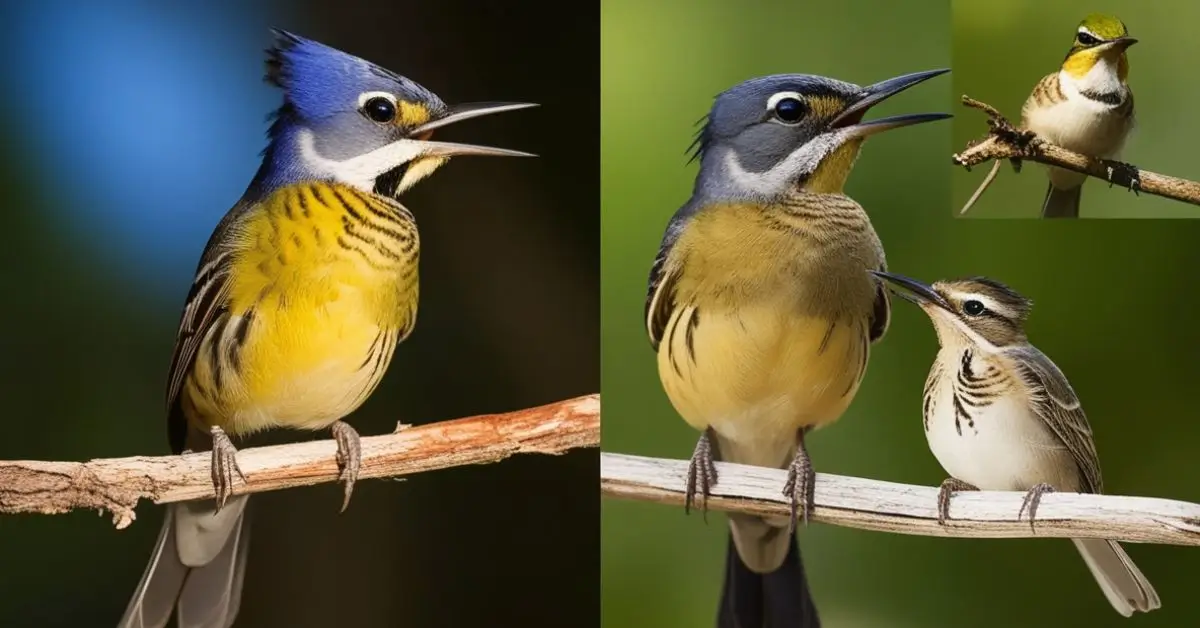Why Does a Mockingbird Sing at Night ?, Mockingbirds are fascinating creatures known for their rich vocal repertoire and ability to mimic other birds, animals, and even mechanical sounds. One of their most intriguing behaviors is singing at night. This behavior, while mysterious, serves several purposes linked to survival, communication, and reproduction.
The Purpose of Night Singing
- Mating and Territory Claims
Male mockingbirds often sing at night to attract mates or defend their territory. This nocturnal serenade is particularly common during the spring and early summer breeding season. Unmated males are the most frequent night singers, showcasing their vocal skills to potential mates and warning rival males to stay away from their domain. - Environmental Influence
Mockingbirds adapt their singing to their environment. In urban areas with constant background noise, their night songs can cut through the quieter ambient sounds, maximizing their audience’s reach. This adaptation highlights their remarkable intelligence and versatility. - Hormonal and Seasonal Triggers
Increased daylight during certain times of the year influences the mockingbird’s hormones, heightening their singing activity. Night singing might also align with phases of the moon, as moonlight can stimulate birds into singing during normally inactive periods. - Predator Avoidance
Mockingbirds may sing at night to deter predators. Their bold, consistent presence can signal that the area is well-guarded, discouraging potential threats from approaching their nests or territory.
How Mockingbirds Compare to Other Night Singers
| Bird Species | Night Singing Behavior | Purpose |
|---|---|---|
| Northern Mockingbird | Regular night singer, especially unpaired males | Attracting mates, defending territory |
| Nightjar | Low-pitched, repetitive calls during nighttime | Mating calls and navigation during nocturnal activity |
| Robin | Occasionally sings at night in urban settings | Response to artificial light or extended daylight hours |
| Whip-poor-will | Persistent nocturnal calls | Mating and territorial defense |
| Common Loon | Long, mournful wails primarily in twilight and night | Communication and territory defense |
The Science Behind Their Songs
Mockingbirds are prolific mimics, borrowing sounds from their environment to enhance their vocal range. A single mockingbird’s repertoire can include over 200 different phrases. The repetition of each phrase, often three to five times, serves as a rhythmic and recognizable signature of the bird’s identity.
Additionally, studies have shown that their nighttime songs are often more elaborate and louder than daytime calls. This could be due to less competition with other birds and the stillness of night amplifying their performance.
Experience the Mockingbird’s Song
To truly appreciate the mesmerizing call of a mockingbird, check out this informative YouTube video showcasing its complex vocalizations: Mockingbird Singing Compilation. Listening to their song can be a soothing and enlightening experience.
Why Their Song Matters
The mockingbird’s night singing isn’t just a quirky behavior; it underscores the bird’s adaptability, intelligence, and role in the ecosystem. Whether you’re enjoying their music from an urban balcony or a countryside retreat, understanding the reasons behind their nocturnal melodies adds depth to the experience.
By unraveling the mystery of why mockingbirds sing at night, we can appreciate their incredible contribution to the natural world—a reminder of nature’s harmony, even in the still hours of darkness.











